
Write what you are looking for and press enter to begin your search!

Live News
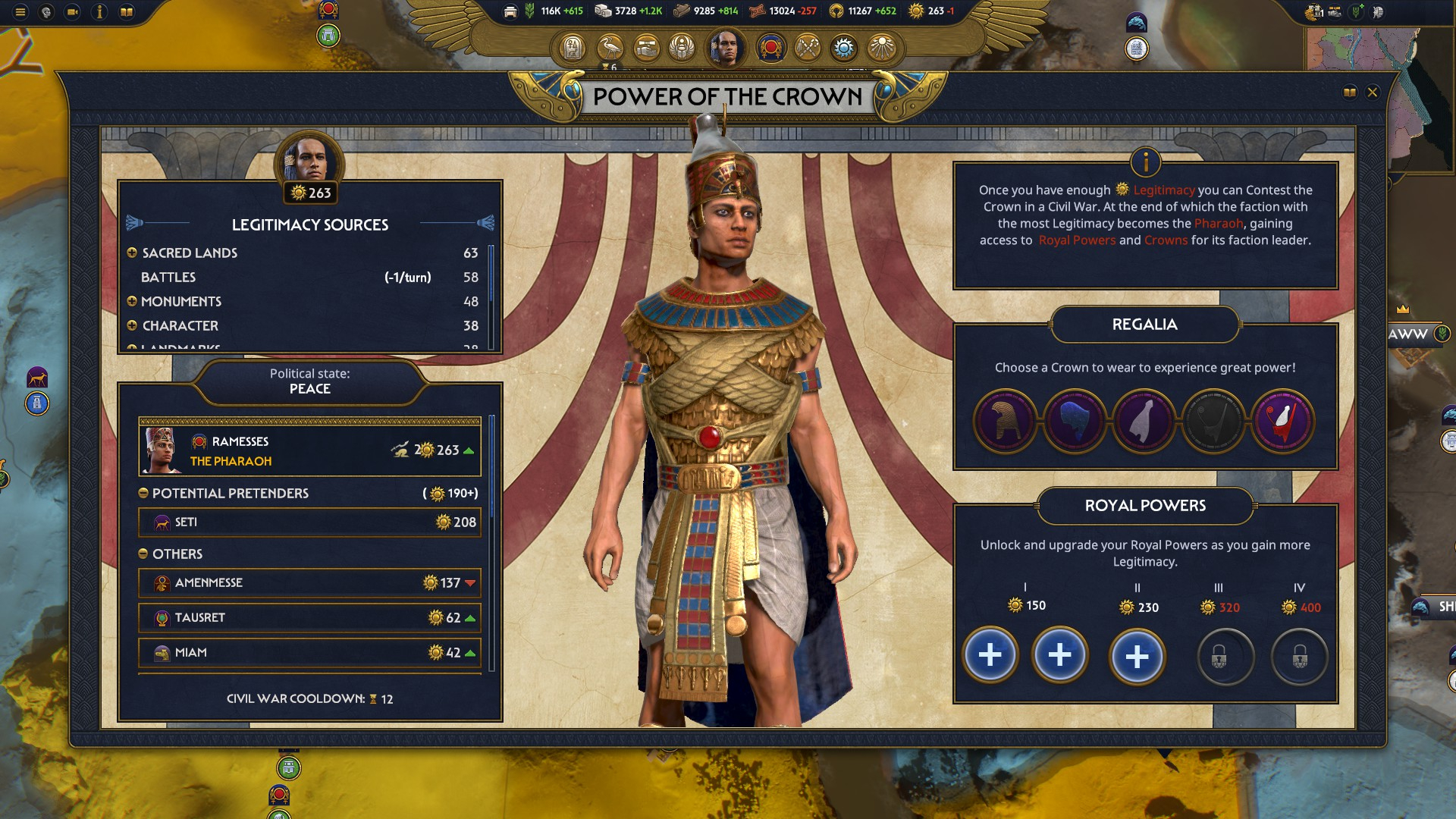

Total War Pharaoh Is An Adequate Heir To The Historical Throne
 ">
">
By Alleef Ashaari|October 13, 2023|1 Comment
Platforms: PC
Genre: Strategy, RTS, Turn-Based, 4X
As someone who’s been playing Total War games for as long as I can remember, I can’t believe that it’s been so long since the last fully historical game in the franchise, which was 2015’s Total War Attila. Sure, 2019’s Total War Three Kingdoms and 2020’s A Total War Saga Troy were both pseudo-historical but they had fantasy elements as well and were mostly inspired by mechanics in the Total Warhammer games. Is Total War Pharaoh finally the franchise’s triumphant return to its pure historical roots? Read on to find out.
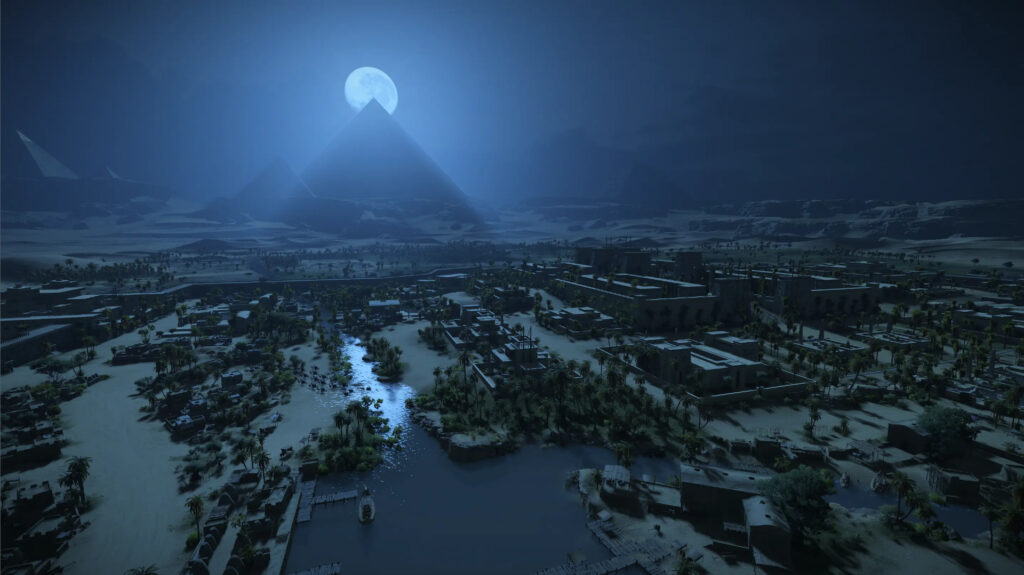
Essentially, the core of Total War Pharaoh still feels like it was based on the framework and basis of A Total War Saga Troy, which is what many Total War fans have speculated since the game was originally announced. A lot of the mechanics from A Total War Saga Troy return in Total War Pharaoh, including the multiple resources mechanic (food, wood, stone, bronze, gold), the barter system, the near-absence of cavalry units with an emphasis on different weight classes of infantry units (light, medium, heavy), recycled content (the duel animations after auto-resolving battles look exactly the same) and others. It does feel like Total War Pharaoh started development as a A Total War Saga Troy expansion or spinoff but then became large enough to be its own game.
Is it prominent enough that it’s more than just a A Total War Saga Troy 2.0? I think that it is. The biggest new mechanic in Total War Pharaoh is Legitimacy. Legitimacy in Total War Pharaoh is its own currency system, which players can obtain by conquering the sacred lands of the culture they want to rule or performing certain actions like building certain buildings, achieving certain feats or even just by winning battles. Once you accumulate enough Legitimacy points, you can challenge the current Pharaoh or Great King in a civil war. After becoming the Pharaoh or Great King, the campaign isn’t over. Unlike other Total War games, becoming Pharaoh/Great King and trying to stay in power is part of the fun. You need to keep increasing and maintaining your Legitimacy points because the other factions will keep doing so as well. This is exhilarating for a Total War fan because, in the past, civil wars have often been the climax of the games, such as Total War Shogun 2 or Total War Rome 2. This time around, civil wars can happen anytime but what I like most about it is that you can plan ahead for it and anticipate when one could potentially. It’s not like in Total War Shogun 2 where the game suddenly springs a civil war at you without warning.
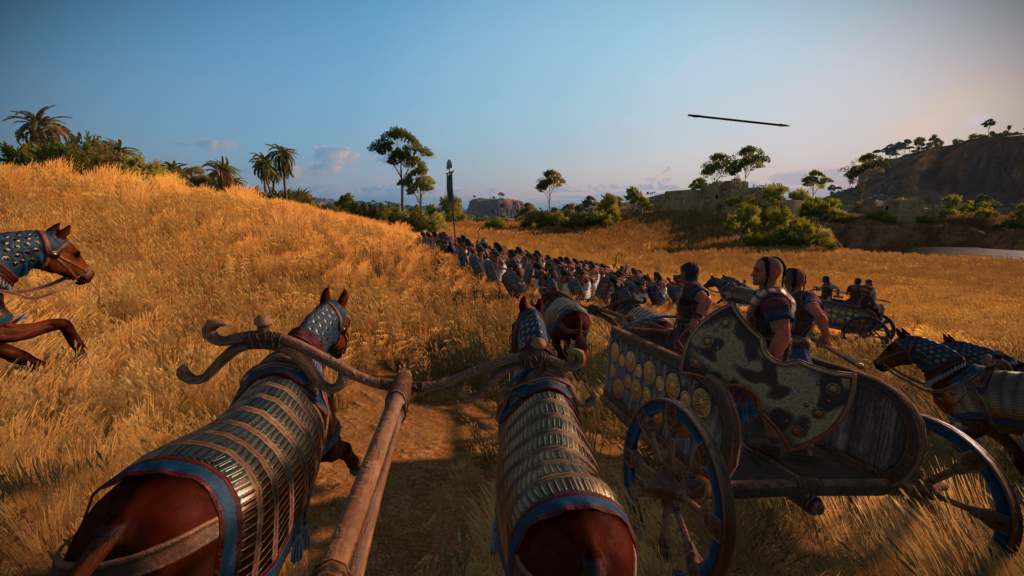
Another core mechanic that’s part of the new legitimacy system is the new royal court mechanic. What’s great about the royal court mechanic in Total War Pharaoh is that it’s constantly changing and there are always court machinations happening, due to the actions of other factions. It doesn’t feel as stale and bland as the politics in previous Total War games, where the court is often just an internal one within your own faction. Now, every faction is out to get ahead in the royal court by any means necessary using schemes, plots and intrigues, which makes for a more thrilling experience. That is because court positions can offer very powerful and useful buffs, but taking part in politics comes with the risk of schemes against you. Even without holding a court position, players can gain regard from any of the court members, hoping to obtain a small temporary benefit by using a request.
That’s not all, as after you become a Pharaoh or Great King, you can gain access to their powerful regalia is the tangible and visual
symbol of their authority. There are several to be unlocked, each requiring a specific objective to be completed, whilst offering their own unique set of bonuses to your faction. You also get special bonuses and perks so that you actually like a grand Pharaoh or Great King. It was underwhelming in previous games how if you finally become like an Emperor or something, nothing really happens and there’s no rewarding mechanic to reflect that.
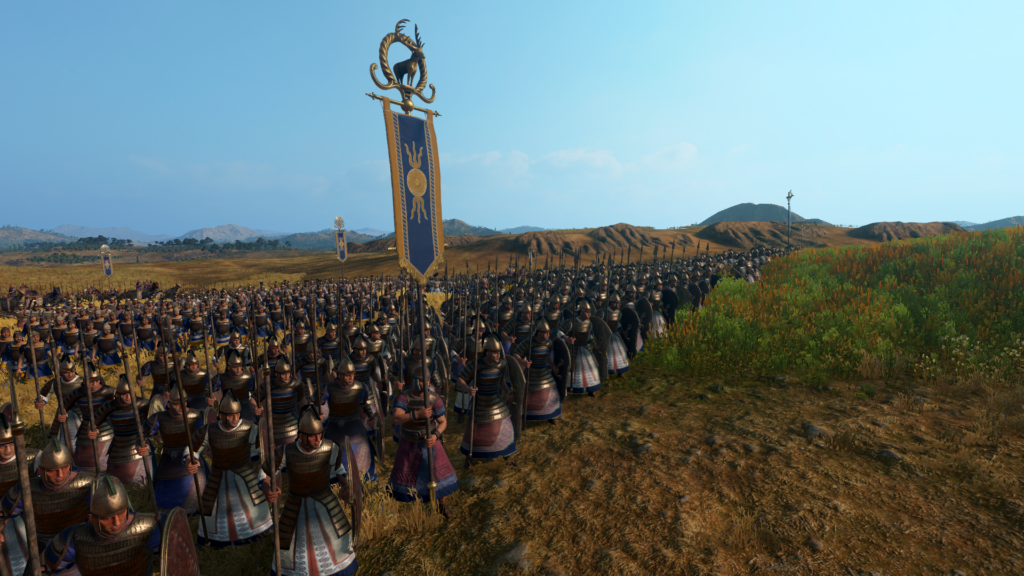
Another new mechanic is the Pillars Of Civilisation mechanic to reflect how the historical Bronze Age collapse, which represents the cosmic balance as perceived by the ancient Egyptians, separated into three tiers of stability. You start out in a world steeped in prosperity. The world will be generally peaceful, the visual mood will be brighter and random events might occur to boost development, resource production and settlement growth. As civilisation falls into disarray, the crisis begins to spread. The visual mood grows darker, and unpredictability will begin to grip the region. Natural disasters will become more prevalent, and aggressive nomads and Sea Peoples factions will invade more increasingly. And finally, left unguarded, the world will fall into collapse. You can stave off the Bronze Age Collapse by building and upgrading cities that are Cult Centres and more but the Sea Peoples will keep invading.
The strength of the Sea Peoples’ invasion is influenced by the Pillars of Civilisation mechanic. If a player manages to keep the level of Civilization prosperous, the Sea Peoples attacks will be weaker and vice versa. You’ll have to spend your whole campaign growing and sustaining your empire, while also fighting off random invading armies of the Sea Peoples. If you’ve ever played Total War Attila or A Total War Saga Thrones Of Britannia, this mechanic will feel familiar to you. In my Total War Pharaoh playthroughs, they were never impossibly strong like the Huns in Total War Attila, but they do gradually get stronger and it’s a bit annoying that they pop up randomly on the campaign map. The impact of the legitimacy and Pillars Of Civilisations mechanics means the campaigns in Total War Pharaoh don’t lose their momentum or become boring. It will always be somewhat engaging because progression doesn’t just end once you become the Pharaoh or Great King. You’ll have to keep maintaining that position while stopping pretenders to the throne in civil wars, and managing the Pillars Of Civilisation buildings and fending off the Sea Peoples.
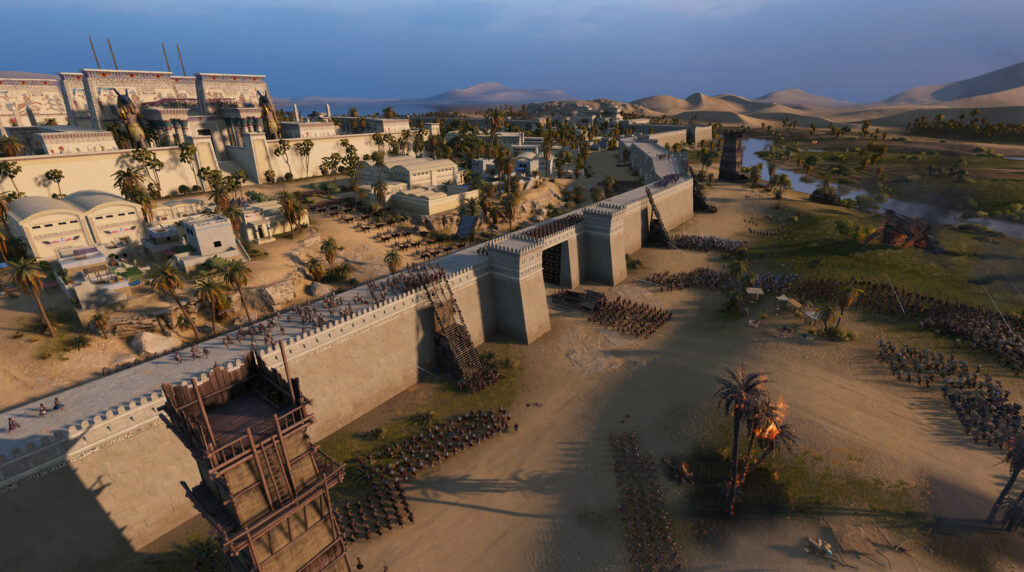
Another returning mechanic from A Total War Story Saga Troy is the deity system or gods system. However, Creative Assembly has managed to improve the mechanic by making it less of something that needs to be consistently maintained (the gods were too fickle in A Total War Saga Troy and required too much to be able to utilize properly). In Total War Pharaoh, the mechanic is more grounded and manageable. It still works the same way, with different gods providing bonuses and perks. Players can build shrines and temples dedicated to their gods to increase their favour and gain better bonuses, advancing through three tiers of worship. It’s a lot less annoying here because, unlike A Total W War Saga Troy, you can’t lose points with the gods just because you haven’t built a temple or prayed in the last few turns.
In addition, there are other new mechanics that I liked, including the return of an early Total War staple (which was absent in recent titles); outposts. Besides the usual cities/regions and provinces (made of multiple cities/regions), there are outposts in Total War Pharaoh, just like the older titles like Total War Medieval 2 and Total War Napoleon. Outposts are structures you can construct on the campaign map, which includes shrines or watchtowers to bolster garrisons in your cities/regions. I also liked being able to customize my leaders and generals by giving them weapons and equipment. These weapons and equipment will also affect what bodyguard unit type the leader or general uses. Unlike A Total War Saga Troy, I can give my leaders chariots or remove them at any time, which adds more variations to how I can build them up. But best of all, I don’t have to worry about my enemies having more powerful magic or bigger monsters than I do, or the generals being god-like unkillable beings. That’s what I miss most about historical Total War.
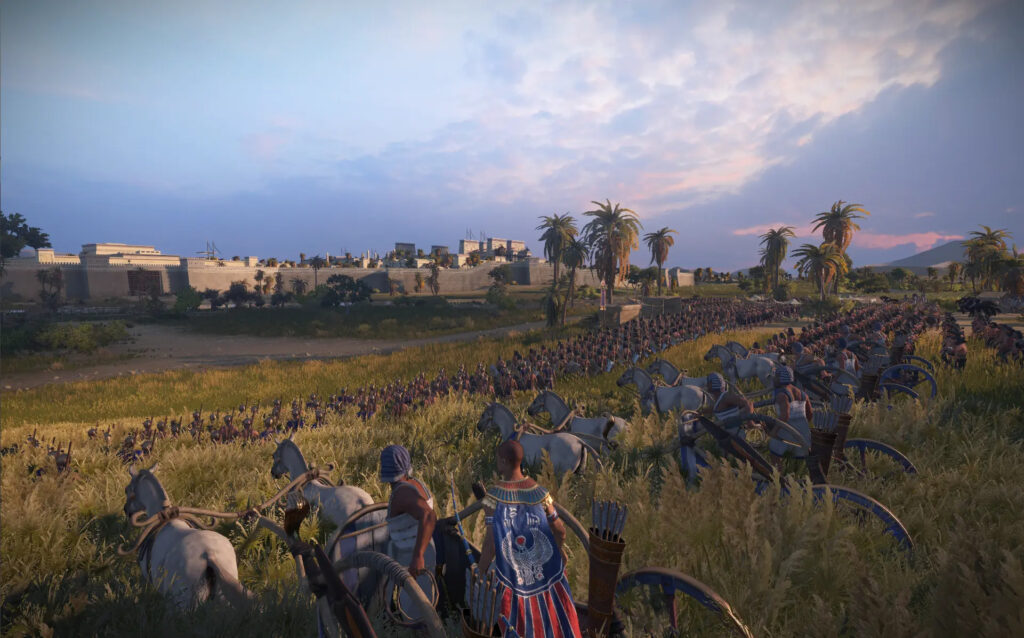
Strategy games have always had steep learning curves and that includes Creative Assembly’s Total War franchise. However, the more modern titles in recent years have started becoming more friendly to newcomers, and Total War Pharaoh might be the most accessible one to date. While Total War Warhammer 3 also had some customization options (especially in its massive Immortal Campaign), for the first time ever in the franchise, Total War Pharaoh offers extensive and in-depth grand campaign customization options.
You can tweak almost everything, from your starting treasury (amount of money at the start of the campaign) and more. You can even turn off some features that have always been Total War staple mechanics; you can disable the trespassing diplomatic penalty, turn off rebellions (there won’t be rebels even if your region/province happiness is low), disable army attrition, decrease army upkeep, have max-rank generals at the start, and more. You can make your playthrough as easy as you want, or as hard as you want (you can also jack up upkeep and other things to make things harder for yourself). As a Total War veteran with thousands of hours on my belt, I played using default parameters, of course, but it’s nice to know that I can customize my campaigns now and turn off annoying random disasters if I feel like it. Having more accessibility options is always a good thing, so kudos to the developers.
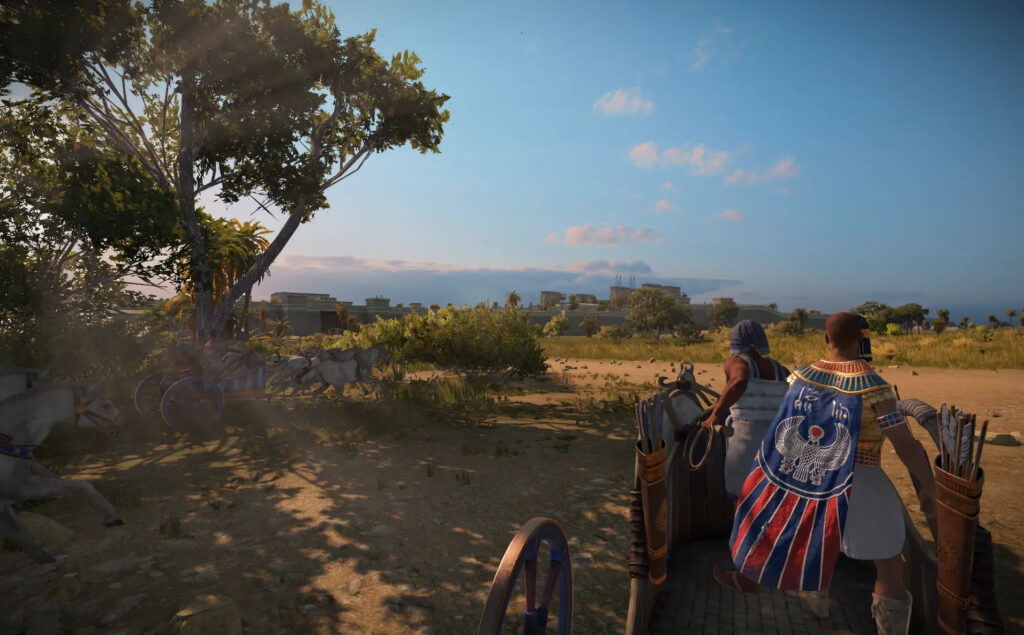
That all being said, Total War Pharaoh does have some issues. It’s obvious that the game reuses and recycles some content from A Total War Saga Troy, such as animations and certain mechanics. Also, while I think it’s less of a problem in Total War Pharaoh than it was in A Total War Saga Troy, the game still suffers from a lack of unit and faction variety. However, that can probably be attributed to the historical era in question, since warfare was more simplistic during the Bronze Age (no cavalry or complicated siege weapons).
Other issues include the game’s leaders and generals lacking in personality or character, even compared to A Total War Saga Troy, much less Total War Three Kingdoms or the Total War Warhammer games. Yes, Total War Pharaoh is supposed to be fully historical again (unlike those aforementioned games), but it still uses those games’ way of classifying factions via leaders instead of factions just being factions like in Total War Attila or older titles. Creative Assembly Sofia probably overlooked making the leaders and generals actually interesting because they’ve focused more on making all the other gameplay mechanics better. Total War Pharaoh really would’ve been even better if the leaders and generals had more personality like the ones in Total War Three Kingdom.
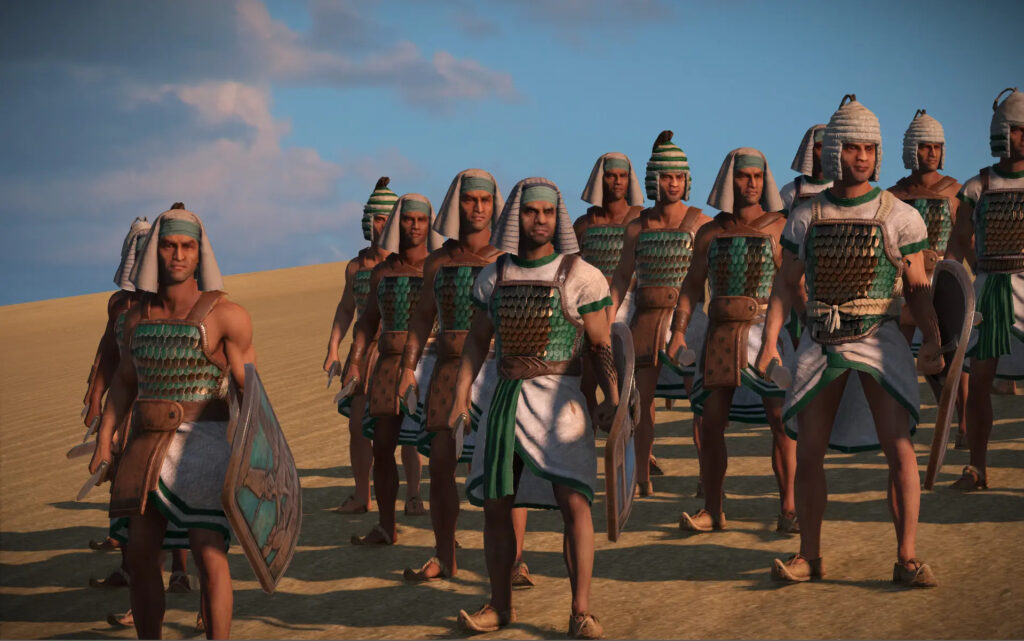
Total War Pharaoh will never be the best historical game in the franchise, but at least it’s a step in the direction towards a bigger return to its historical roots. It’s already a better game than A Total War Saga Troy was at launch. There are no mythical monsters or god-like men/women/people in Total War Pharaoh, so thank the Ennead (the Egyptian pantheon) for that.
Review copy of Total War Pharaoh provided by Sega. Total War Pharaoh is now available for PC via Steam.

By Alleef Ashaari|November 15, 2019
During the X019 London Inside Xbox live stream, Rare announced their brand new Xbox exclusive IP, titled Everwild. The new game from the developer beh...

By Alisha Alix|January 23, 2024
Palworld, the sensational dubbed of 'Pokemon with guns' has garnered record-breaking success since its Early Access release on 19 January, but not all...
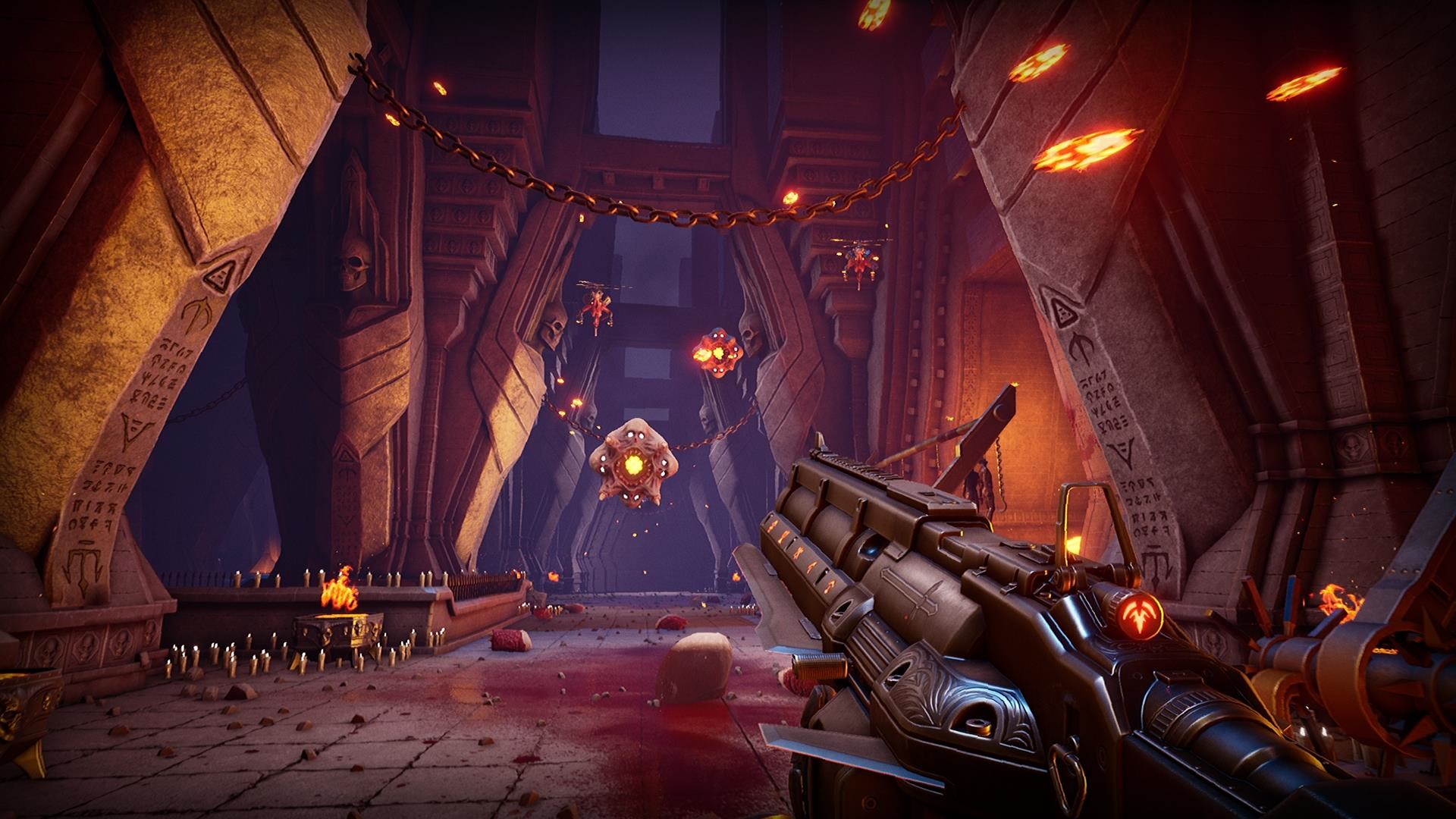
By Team KKP|October 2, 2022
Platform: PC (version played) Genre: Corridor first-person shooter In the indie-made first-person shooter Scathe, you're the title character with ...

By Mr Toffee|February 2, 2024

By Team KKP|July 1, 2023

By Alleef Ashaari|August 2, 2021
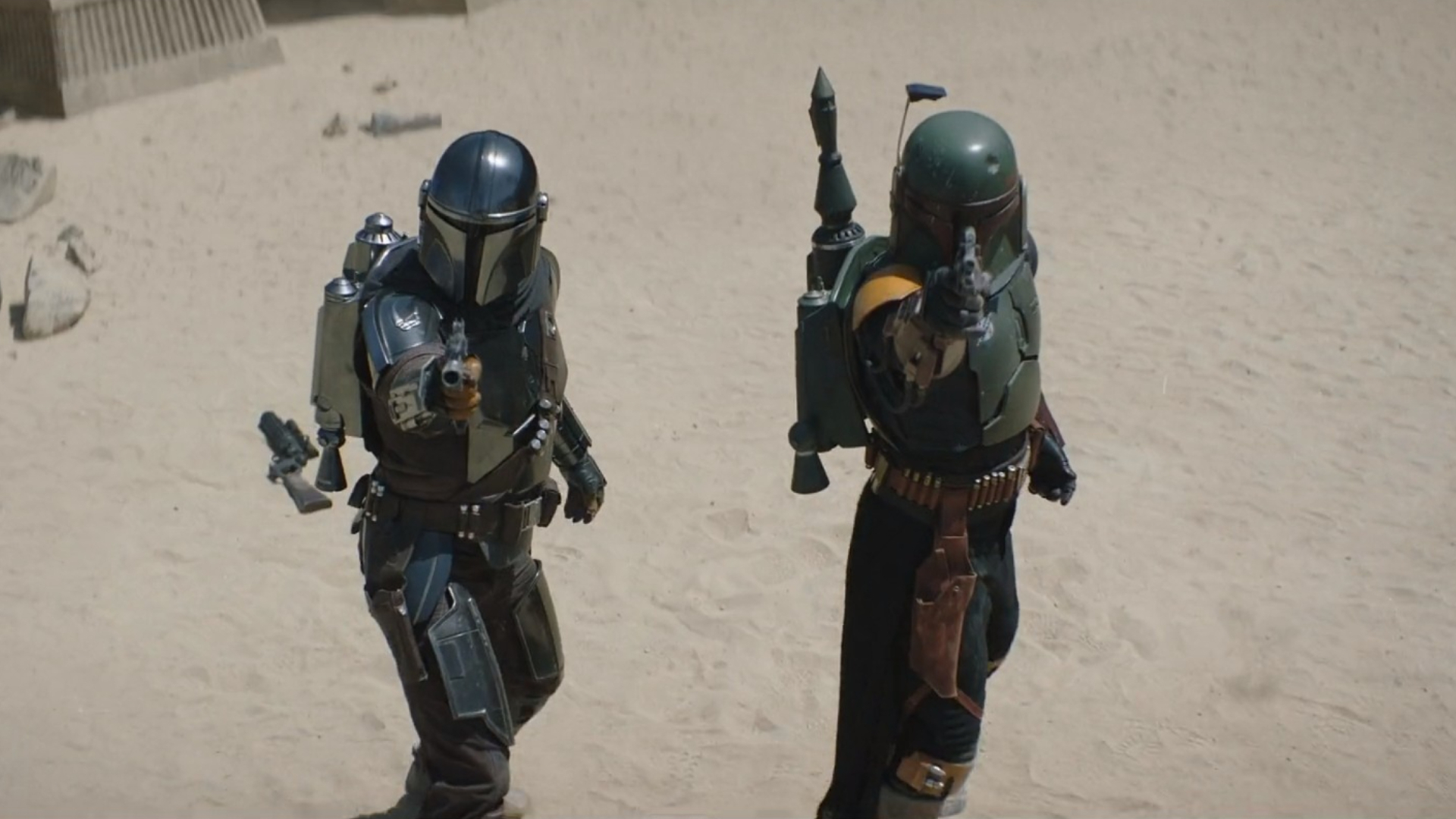
By Alleef Ashaari|February 9, 2022

By Mr Toffee|February 2, 2024

By Team KKP|July 1, 2023
Copyright @ Kakuchopurei 2024
Free Total War Pharaoh Update To Add New Sea People Factions Next Week
January 17, 2024 at 12:53 am
[…] In the meantime, check out my review of the game here. […]